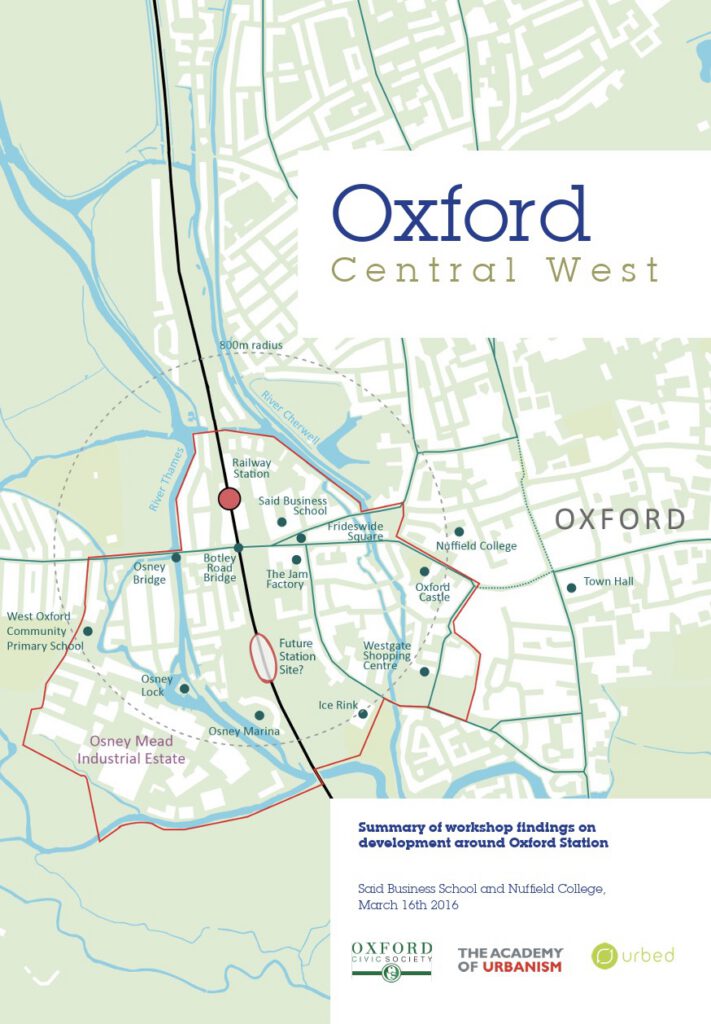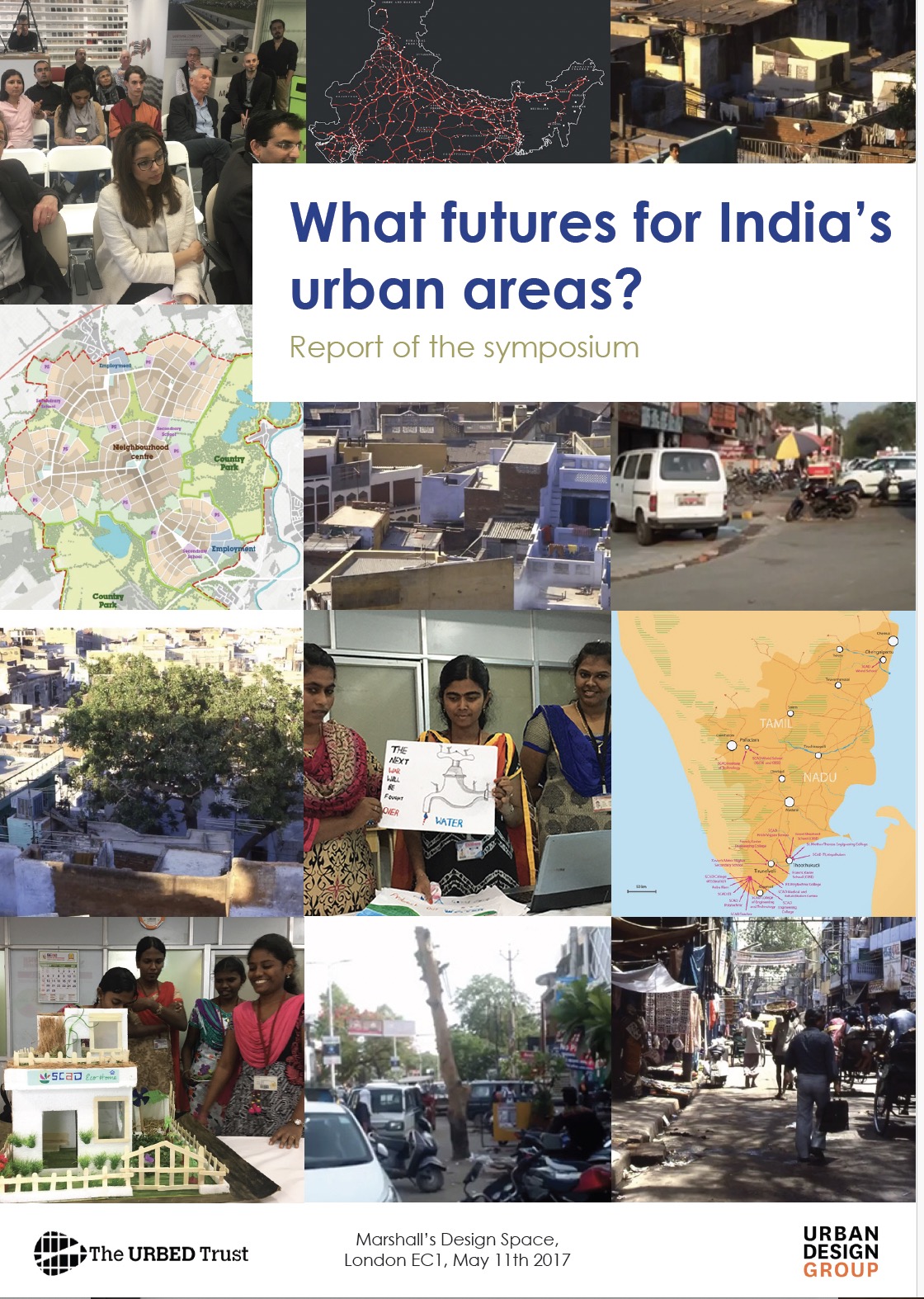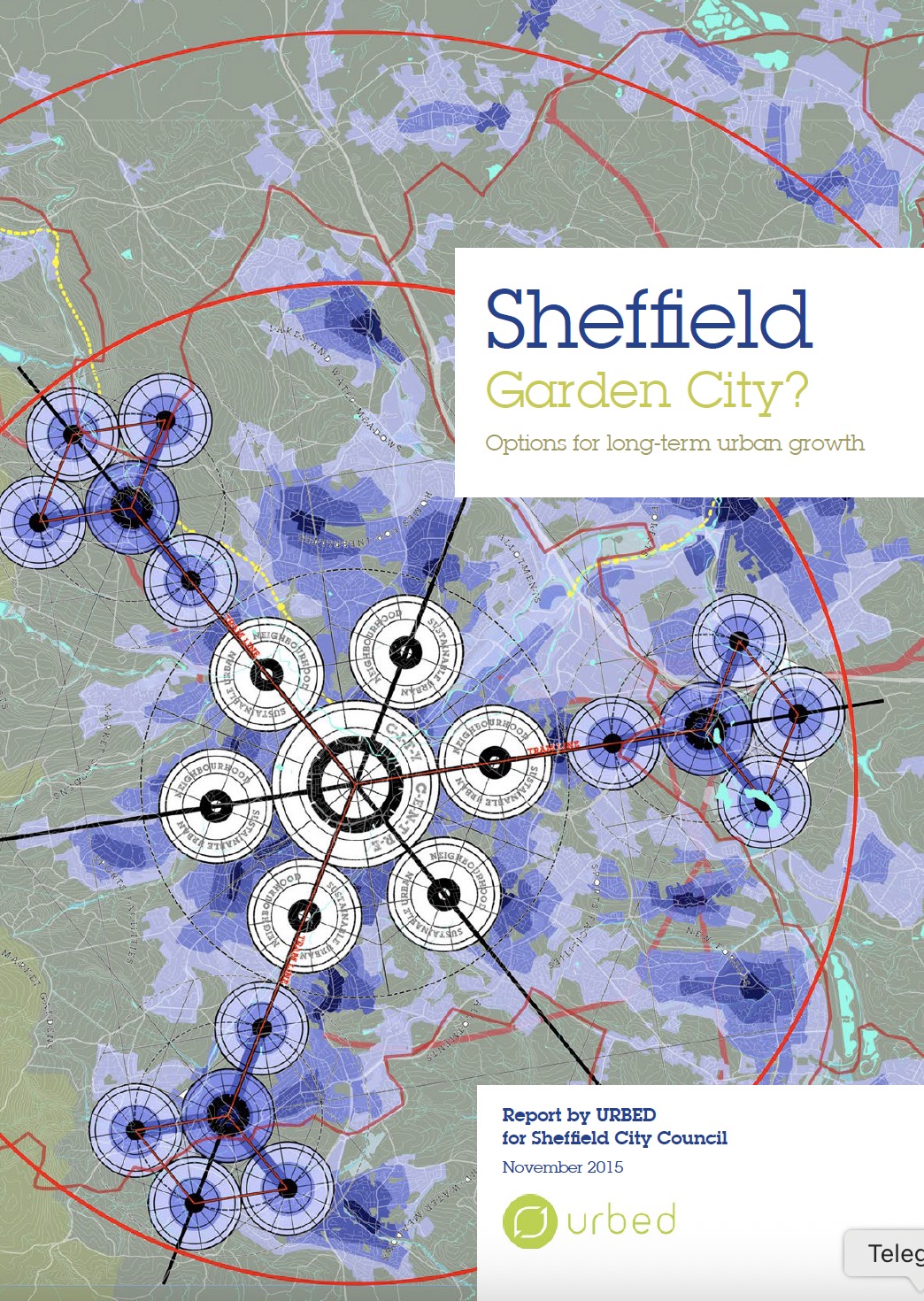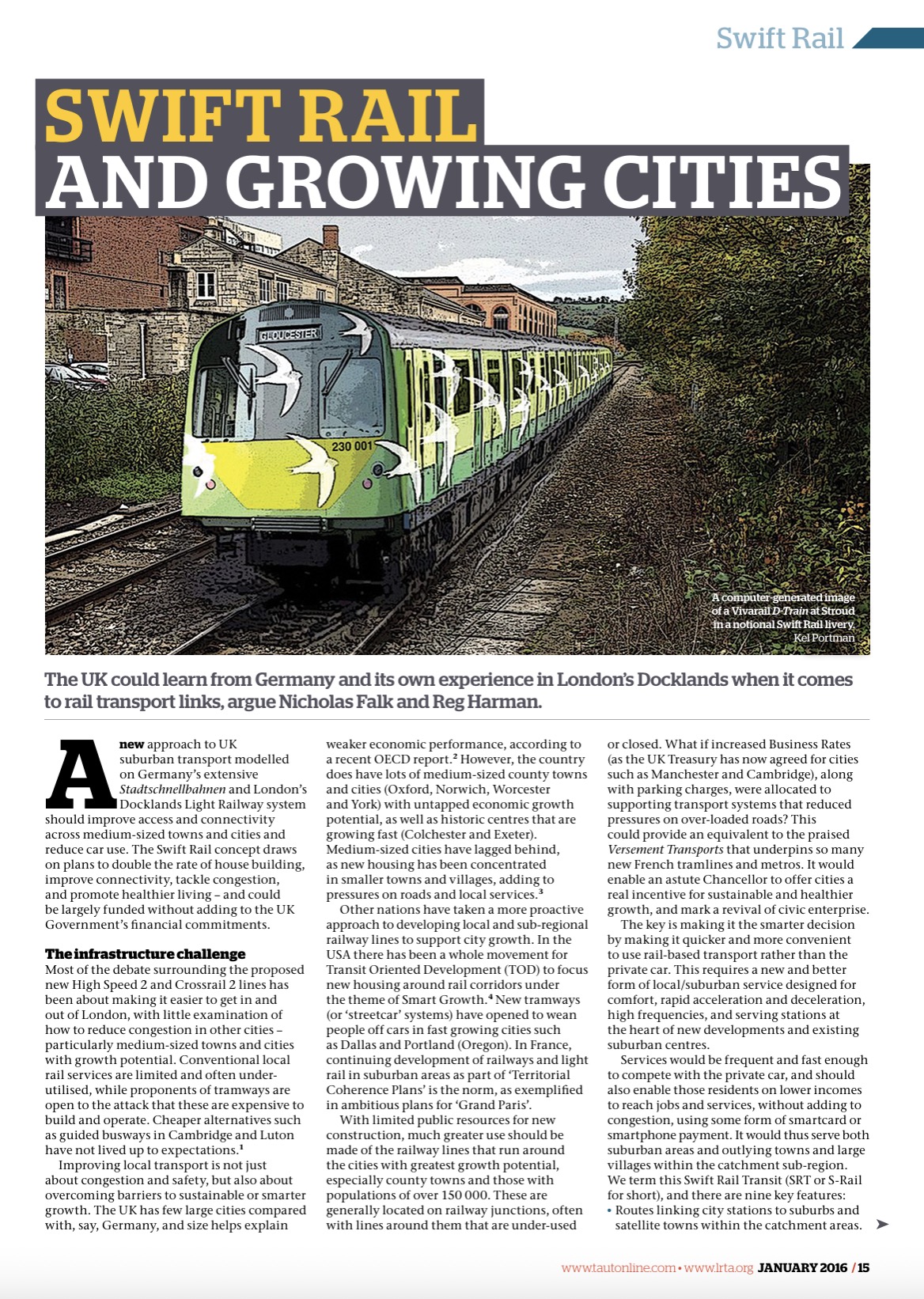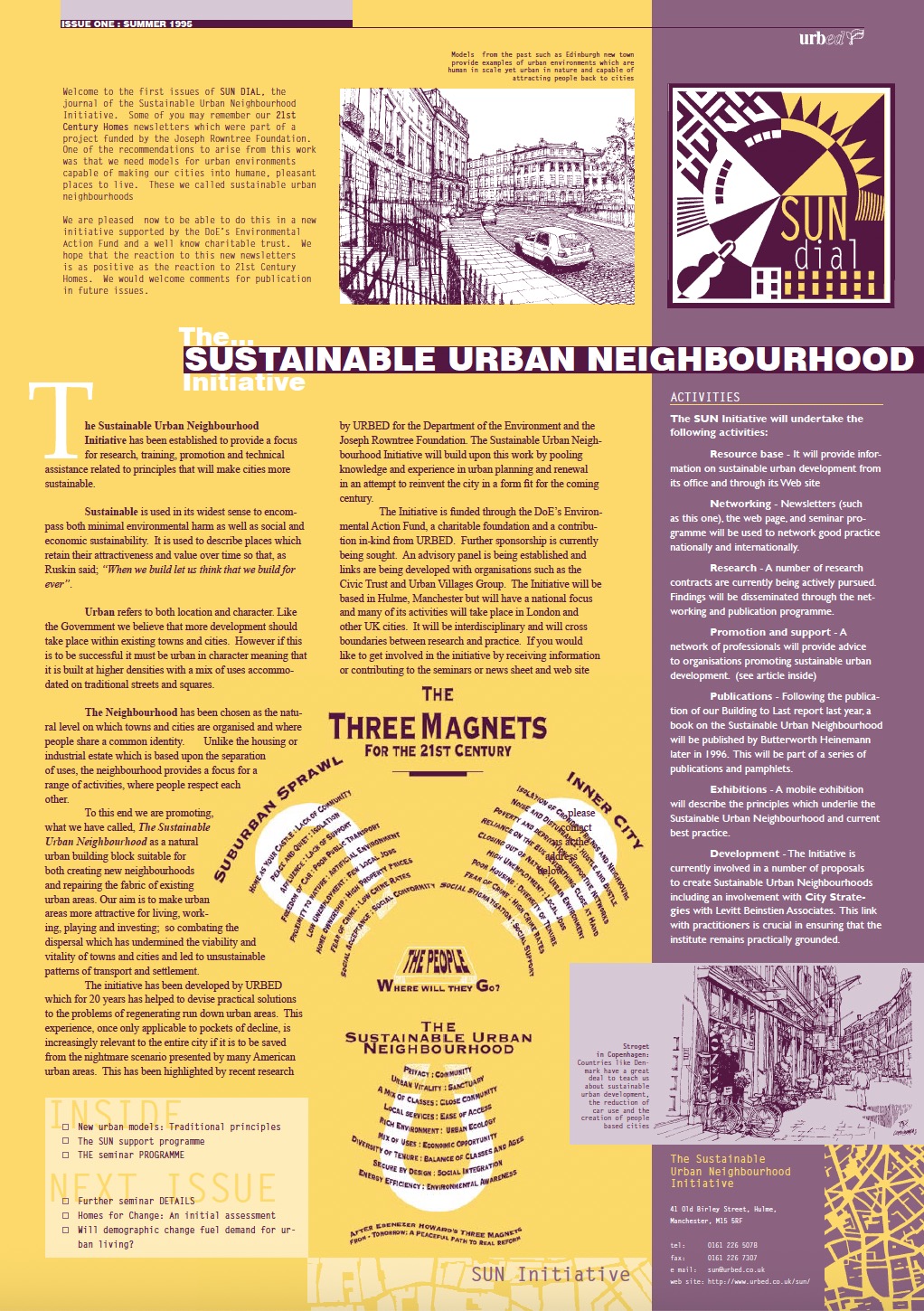The Oxford Futures workshop aimed to explore the development of Oxford Central West, especially around Oxford station, into a vibrant, well-connected district that enhances the city’s character.
Key issues discussed included creating a shared long-term vision, improving transport infrastructure, and developing adaptable, high-quality neighbourhoods. Participants stressed the importance of prioritising pedestrians and cyclists, with possible rapid transit to improve accessibility. Land ownership fragmentation was recognised as a major challenge, requiring collaboration among the city council, university, landowners, and private partners to produce a cohesive framework. The redevelopment of Oxford station and surrounding areas is seen as a catalyst for addressing existing problems like traffic congestion, limited affordable housing, and underused spaces, helping to establish a new city heart.
Stakeholders highlighted the need for innovative urban design, public engagement, and strategic funding to support these plans. long-term sustainability and community welfare should underpin all development efforts, ensuring new growth aligns with Oxford’s cultural, academic, and environmental identity. the process involves coordinated planning, timely action, and strong leadership to create a cohesive vision that benefits residents, businesses, and visitors while maintaining the city’s unique heritage and promoting sustainable urban renewal.

